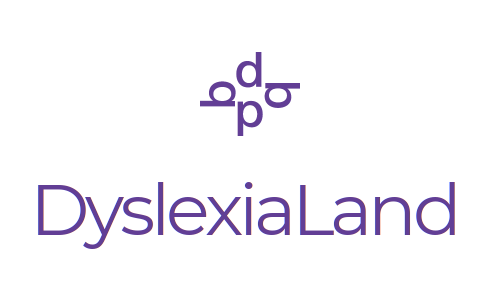Dyslexia and Specific Learning Disability
In public school, when dyslexic students are tested to determine if they may receive Special Education services, they will qualify under the category of “Specific Learning Disability.” Say what? Who ever heard of Specific Learning Disability anyway?
“What, specifically does ‘Specific Learning Disability’ mean?” parents will ask. Parents of children with dyslexia may never hear the word “dyslexia.” Instead, they’ll hear about a whole host of disorders like “auditory processing,” “memory processing,” or “visual processing.”
Educators tend not to like to use the word “dyslexia” because they consider it a medical term, rather than an educational one. When parents ask if their children’s testing results mean dyslexia, they might be told if they want to know about dyslexia they should go to their pediatrician.
But the pediatrician will likely tell the parent to go back to the school—starting a ping-pong effect that all too often accompanies the early days of discovering dyslexia. If this sounds like a confusing runaround, well, it is. Many of us, including myself, have been there, done that, sometimes for years, misled by imprecise language and well-meaning educators who may believe “it’s wrong to ‘label’ a child.”
What’s a parent to do when we can’t even call dyslexia dyslexia? First off, know that we can call it like it is, and the U.S. Department of Education issued a “Dear Colleague” letter in 2015, assuring every school district that it is appropriate to use the word. That statement is still in effect.
Secondly, know that language matters, and the use of the correct words can help move from angst to action when you know what you’re dealing with! No one has ever heard about anyone else with Specific Learning Disability, but knowing that the struggles with reading, writing and spelling are due to dyslexia—which everyone has at least heard of—can offer a great sense of relief and reassurance.


